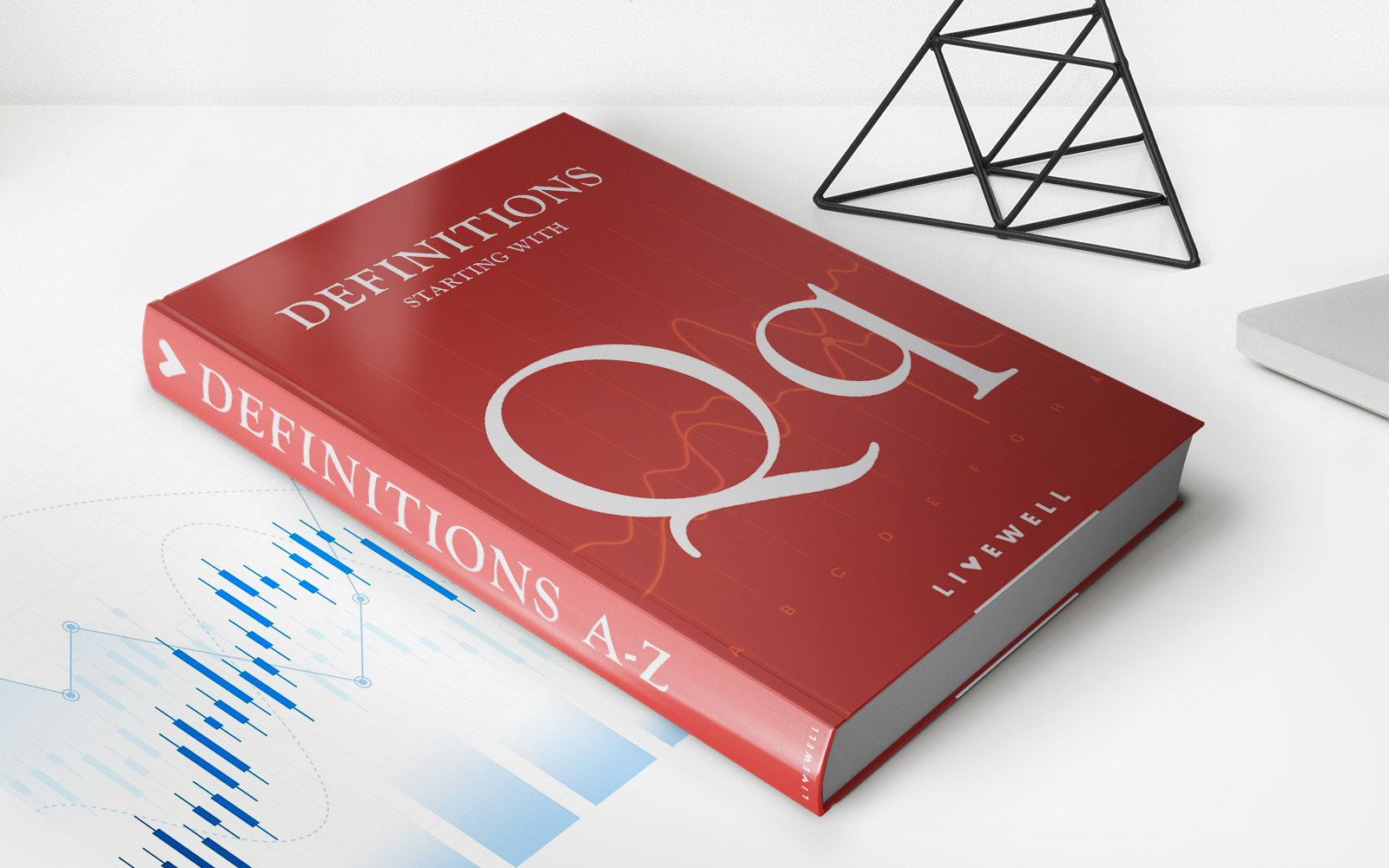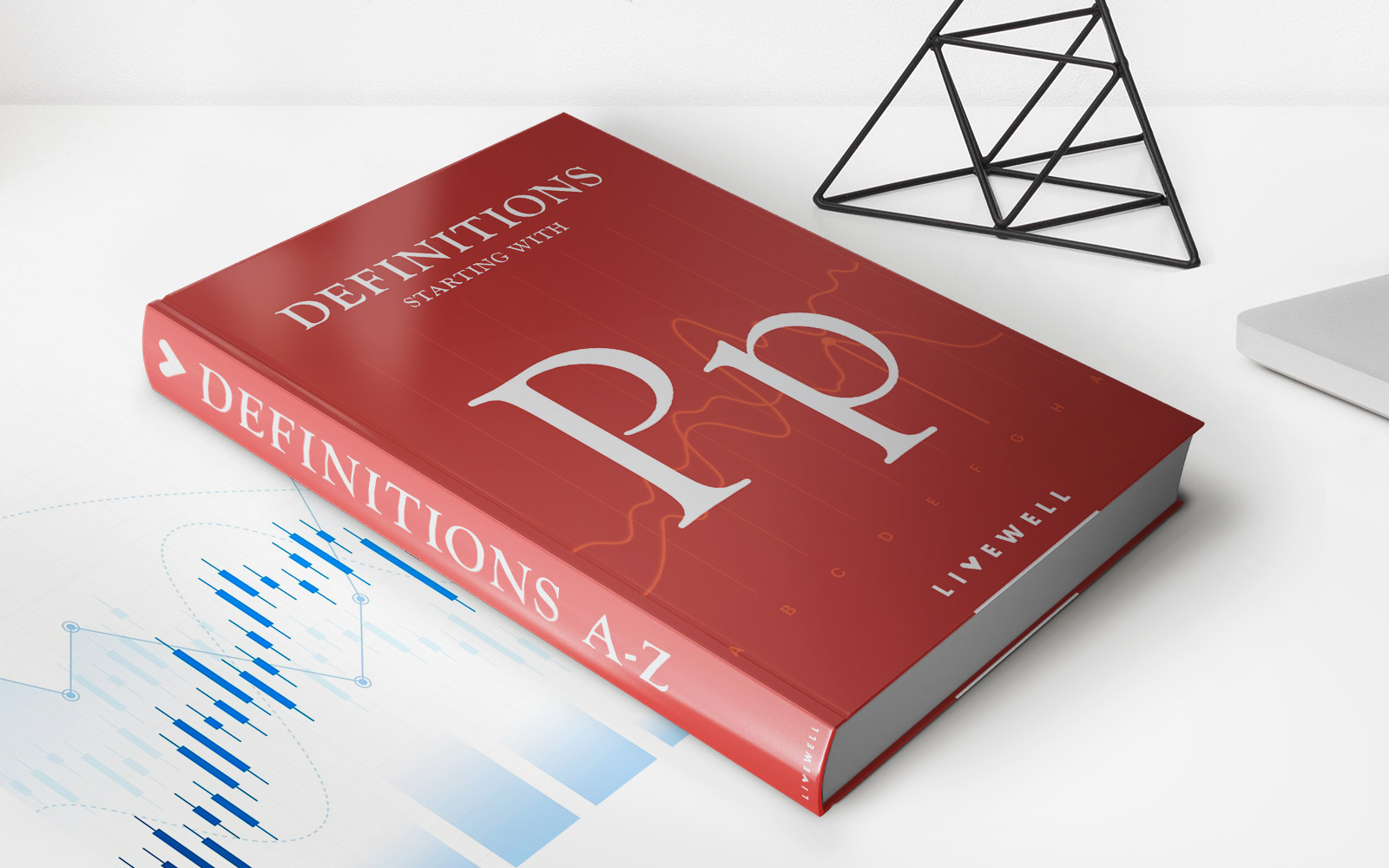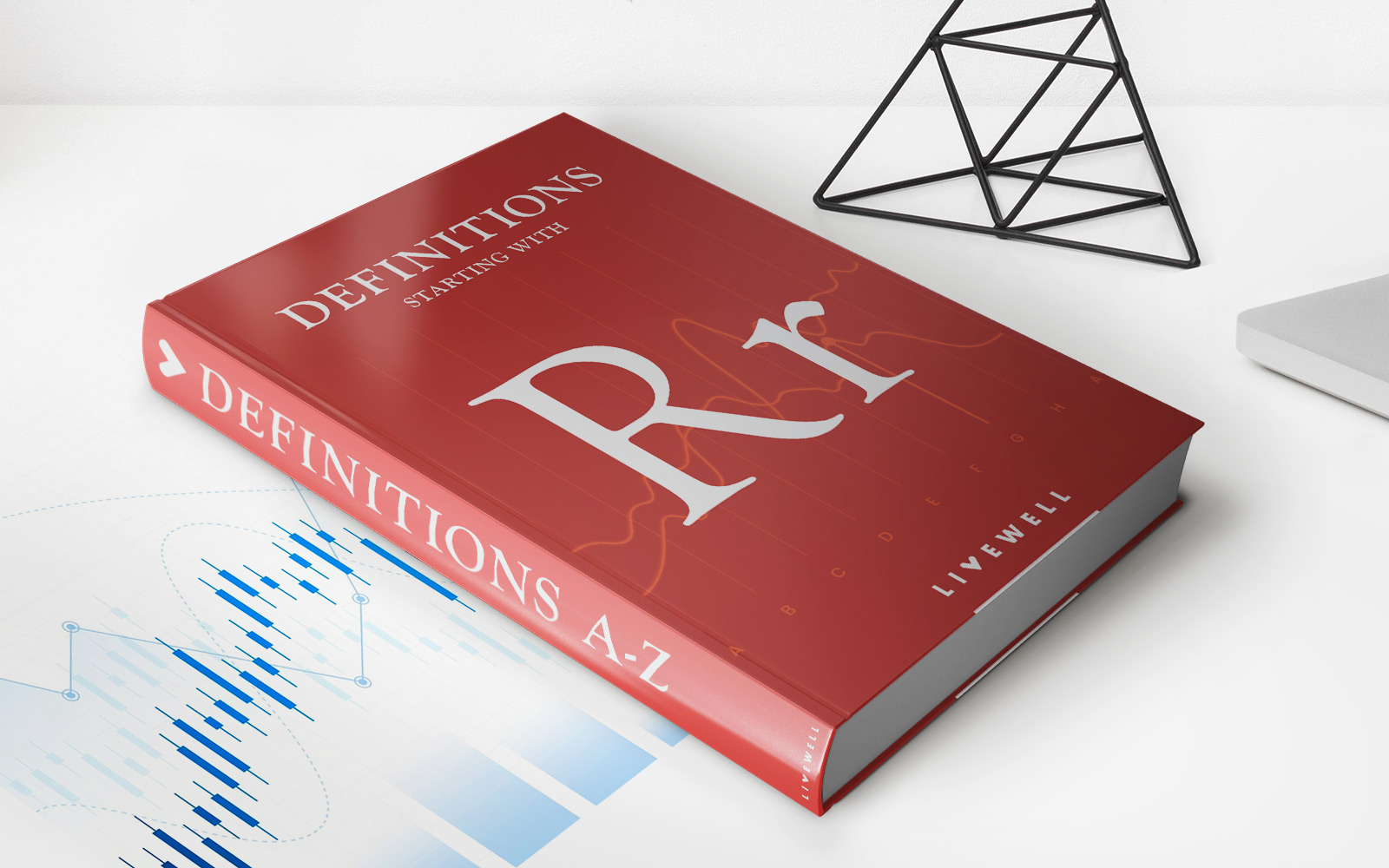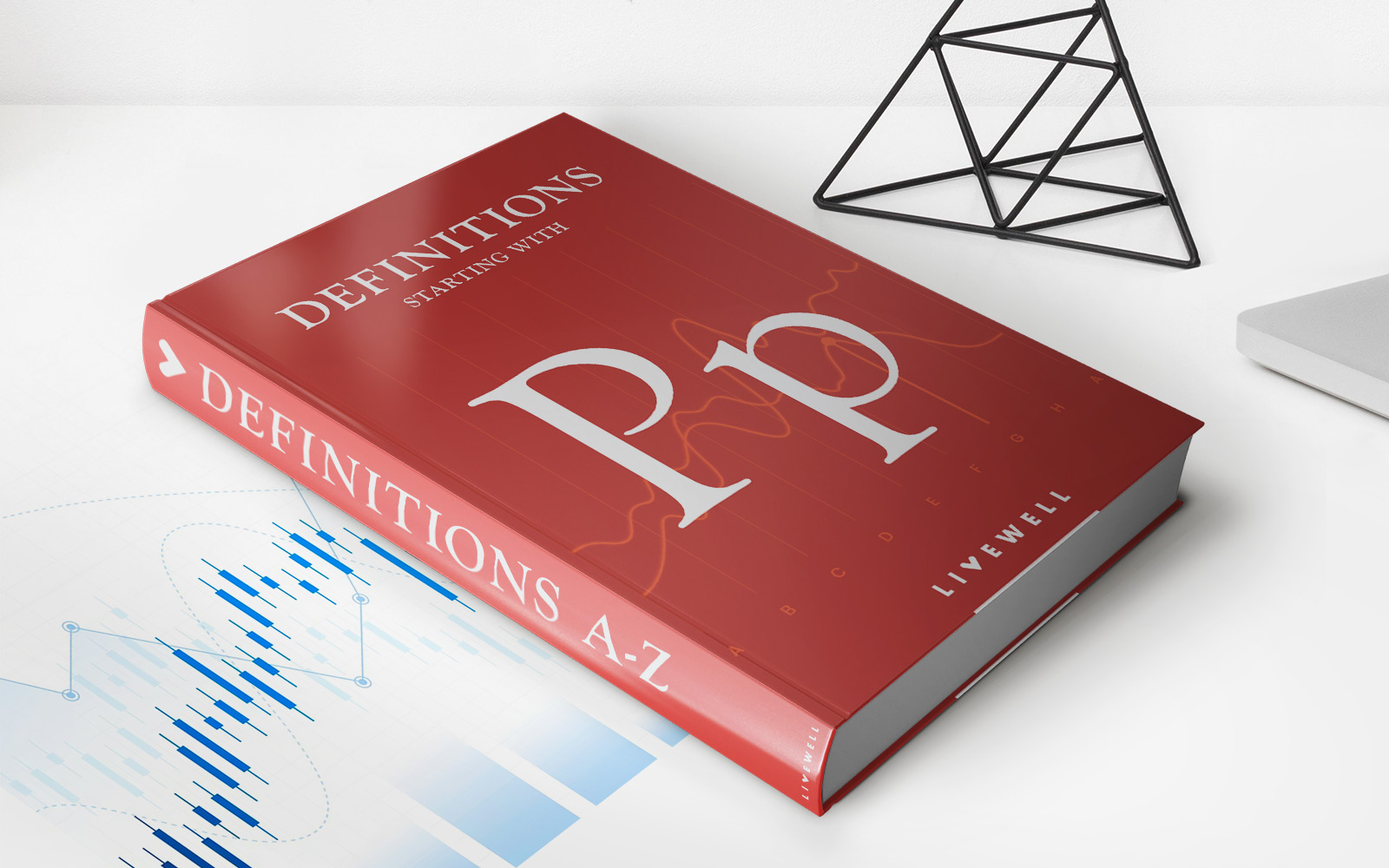Home>Finance>Relationship Manager: Definition, Types, And Qualifications
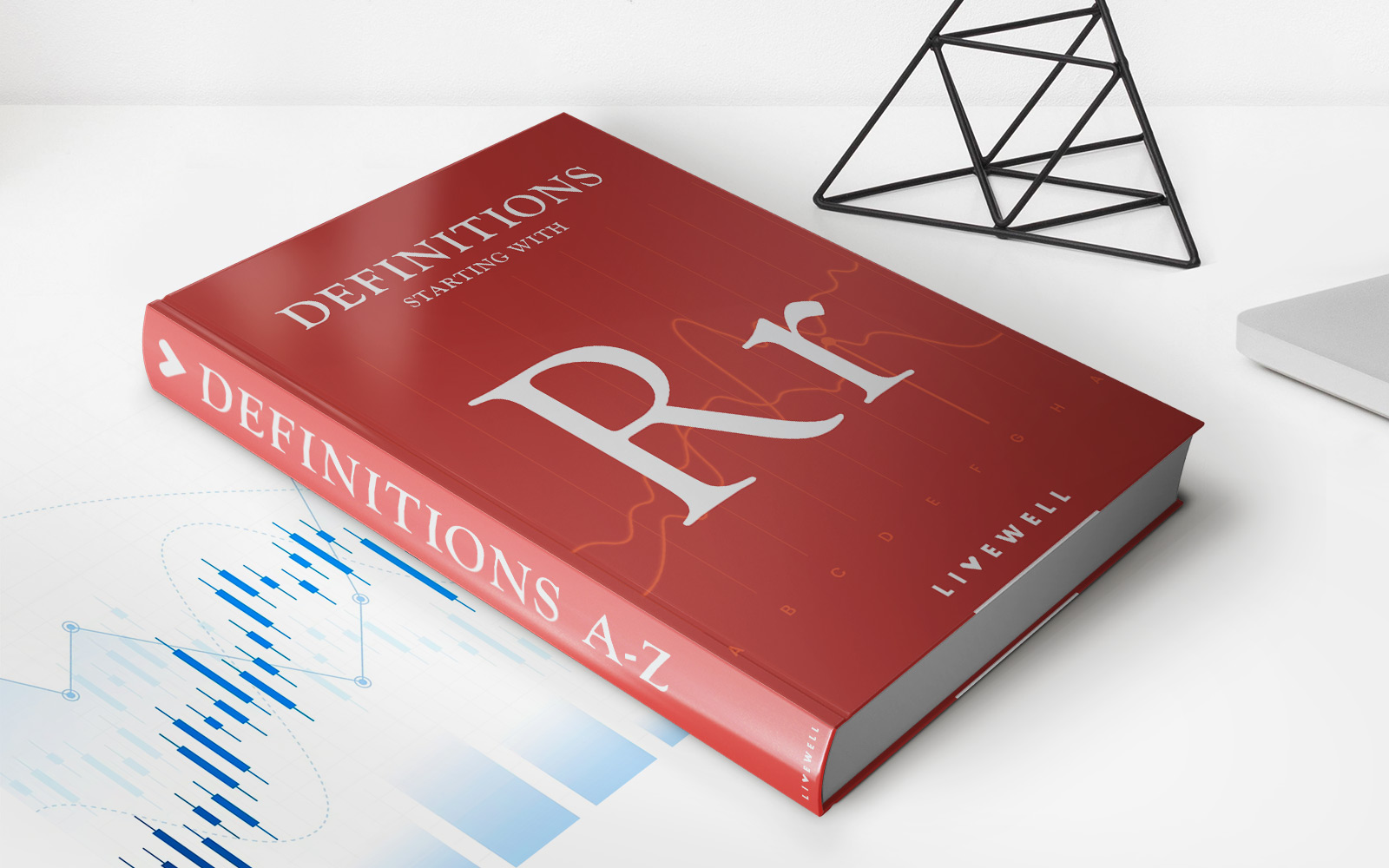

Finance
Relationship Manager: Definition, Types, And Qualifications
Published: January 18, 2024
Discover the role of a Relationship Manager in the finance industry. Learn about the various types and qualifications required for this position.
(Many of the links in this article redirect to a specific reviewed product. Your purchase of these products through affiliate links helps to generate commission for LiveWell, at no extra cost. Learn more)
Relationship Manager: Definition, Types, and Qualifications
Welcome to the Finance section of our blog! In today’s post, we will explore the role of a Relationship Manager, their various types, and the qualifications required to excel in this field. If you’ve ever wondered what it takes to become a successful relationship manager, or what exactly a relationship manager does, you’re in the right place. Read on to discover all you need to know about this exciting career path.
Key Takeaways:
- A Relationship Manager is a financial professional who builds and maintains relationships with clients, helping them navigate the complexities of the financial industry.
- There are different types of relationship managers, including commercial relationship managers, wealth managers, and retail relationship managers, each requiring specific skillsets.
1. Definition of a Relationship Manager
A Relationship Manager is a finance professional responsible for building and nurturing long-term relationships with clients. They are the primary point of contact for clients and are adept at understanding their financial needs and goals. Relationship managers provide personalized advice, address client concerns, and ensure the smooth delivery of financial services.
At its core, the role of a relationship manager involves fostering trust, identifying new business opportunities, and ensuring customer satisfaction. Whether it’s managing corporate accounts, assisting high-net-worth individuals with their investment portfolios, or supporting retail clients, relationship managers play a crucial role in the financial industry.
2. Types of Relationship Managers
Relationship managers can be categorized into different types, each catering to a specific clientele:
- Commercial Relationship Managers: These professionals work with corporate clients, managing their accounts, coordinating banking activities, and developing customized financial solutions to support their business goals.
- Wealth Managers: Wealth managers specialize in offering financial advisory services to high-net-worth individuals. They create investment strategies, manage portfolios, and provide comprehensive wealth management solutions to help clients preserve and grow their wealth.
- Retail Relationship Managers: Retail relationship managers focus on assisting individual clients with their banking and financial needs. They provide banking services, help customers choose suitable financial products, and handle any service-related inquiries or issues.
3. Qualifications and Skills
While the specific qualifications may vary depending on the niche, here are some essential qualifications and skills necessary to excel as a relationship manager:
- Industry Knowledge: A strong understanding of the financial industry, its products, services, and regulations is fundamental for effective client interactions.
- Communication Skills: Excellent verbal and written communication skills are essential to communicate complex financial concepts to clients in a clear and concise manner, fostering trust and understanding.
- Client Relationship Management: The ability to establish and maintain strong relationships with clients is crucial. Relationship managers should be proactive, responsive, and empathetic to client needs and concerns.
- Problem-Solving: Relationship managers need to be adept at identifying and solving complex financial issues, providing innovative and tailored solutions for their clients.
- Numerical Aptitude: Strong numerical skills and attention to detail are vital for analyzing financial data, assessing risks, and making informed recommendations.
These are just a few of the key qualifications and skills required for a successful career as a relationship manager. Additionally, obtaining relevant certifications and staying updated with industry trends can further enhance your expertise and credibility.
So, whether you’re interested in corporate finance, wealth management, or retail banking, a career as a relationship manager can be rewarding and fulfilling. By building lasting client relationships and providing valuable financial guidance, relationship managers add immense value to the financial well-being of their clients.
Are you ready to embark on a journey as a relationship manager? Share your thoughts and aspirations with us in the comments section below!

